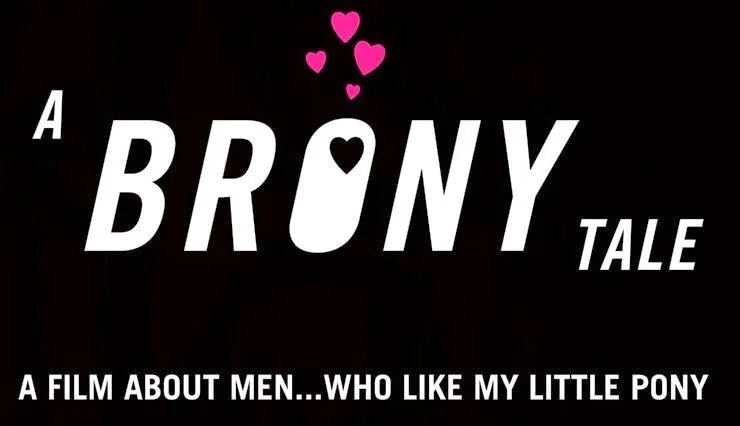As someone who works for the Internet, it’s been impossible to escape bronies and their accompanying controversies. Adult lovers of My Little Pony: Friendship Is Magic have one of the most paradoxical reputations of any fandom out there, and I hoped A Brony Tale, the second documentary on the growing phenomenon, would shed light on why a group known for flouting traditional gender roles also has such a reputation for misogyny. Unfortunately, potential pegasisters and misters might need to look elsewhere for a comprehensive look at the movement’s past: Tale educated me, but I can’t help but feel the history I learned was a little selective.
For a movie about a mostly-male phenomenon, Brent Hodge’s Morgan Spurlock-produced documentary focuses a surprising amount on a woman–Ashleigh Ball, the voice actor and musician who brings Rainbow Dash and Applejack to life on the show. Ball is only vaguely familiar with the brony movement, and Tale follows her and a variety of notable bronies as she decides whether or not to accept an invitation to appear at Bronycon in NYC.
Ball’s career as a voice over artist is almost as interesting as the brony community itself, so it’s not surprising that the documentary often feels conflicted about which to focus on more. She’s charming, but in many ways there’s only a tenuous link between Ball and the community Tale purports to explore, so scenes of the actress’ camping trips or musical performances just feel distracting, especially considering how compelling the documentary’s other subjects are. From the beautiful music of MandoPony to the brony club of Northwestern University, the segment of bronydom depicted in the doc is creative, multicultural, and optimistic–even when, as is the heartbreaking case with Iraqi war vet Bryan Mishki, life hasn’t afforded them a lot to be optimistic about.
As an outsider of the movement just looking for more insight, A Brony’s Tale is a great resource if you’re interested in the fandom’s demographics, origins or amazing art. But as someone with only a cursory prior knowledge of bronies, even I know they have another, less positive reputation, one which isn’t entirely undeserved–as Ball puts it, “the pervert alarm goes off.”
One of the more well-known blights on the brony rep is Princess Molestia, a “raging nymphomaniac” parody blog that was shut down by Hasbro in January this year. Not only was the blog’s content questionable, its take-down also prompted alleged online abuse of Tumblr user pinkiepony, who says she alerted Hasbro because she felt “the fandom was being overrun by men who don’t respect women.” Any sprawling fandom will have its MRA members, but it raises alarm bells for me that A Brony’s Tale is so clearly subjective in what parts of the fandom’s history it chooses to scrutinize–there’s no mention of Molestia, reported con harassment, or even the possibly poor-taste porn released earlier this year. The doc even manages to underscore its one-sidedness, focusing more on male bronies’ assertions of harmlessness than Ball’s confession that she had a stalker.
Near the end of the documentary, Dusty Rhoades, the “world’s manliest brony” pleads with outsiders to “give bronies the benefit of the doubt,” saying “they’re all good people, and not […] deviant.” Although A Brony’s Tale provides fascinating insight into people whose lives have (sometimes literally) been saved by Friendship Is Magic, the documentary would need to be 20% cooler and way more objective before I would be willing to grant a request of that magnitude.
A Brony Tale is out now on iTunes, cable on-demand, and other digital platforms.
Are you following The Mary Sue on Twitter, Facebook, Tumblr, Instagram, & Google +?









Published: Jul 14, 2014 08:11 pm